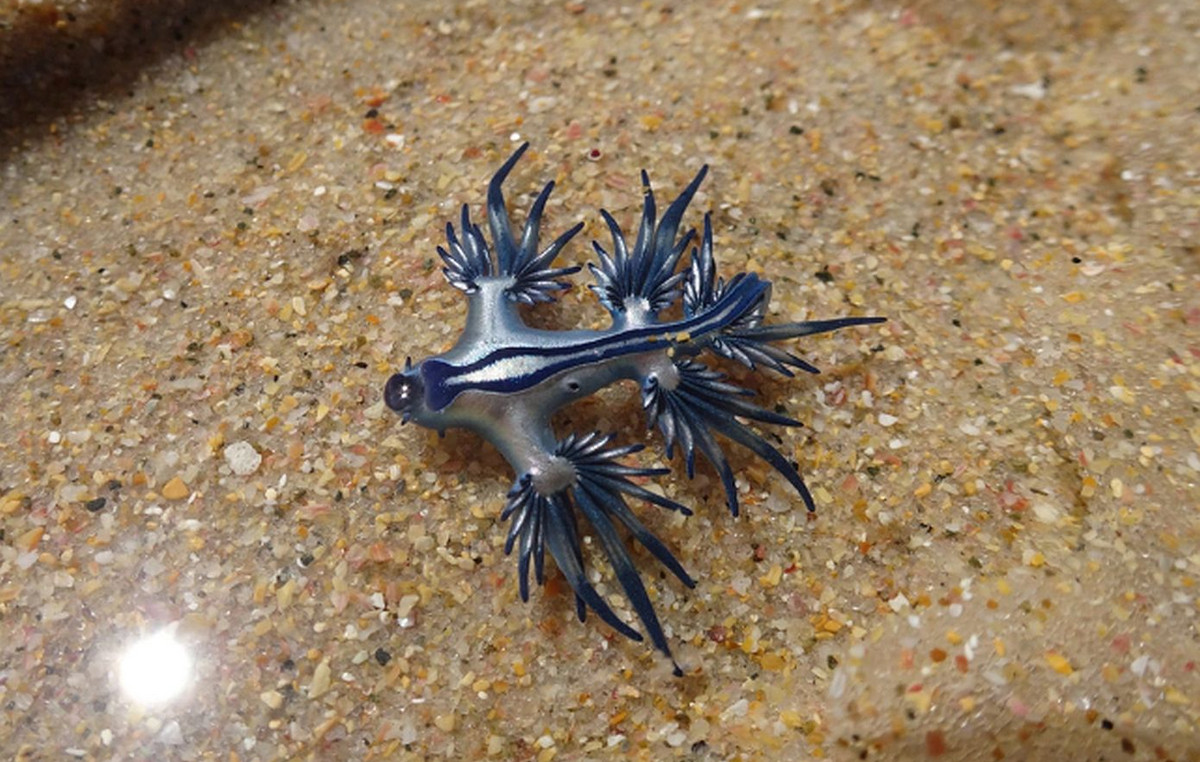Beijing’s new trade restrictions against Taiwan affect about 0.04 percent of their bilateral trade, making them more political than economic, CNBC notes.
Beijing took action against Taiwan after US House Speaker Nancy Pelosi visited the island earlier this month, despite Beijing’s warnings. This included the suspension of imports of Taiwanese citrus fruits, frozen fish, sweets and biscuits, etc.
Taiwan is a self-governing republic, but Beijing considers the island part of its territory and a breakaway province. China says Taiwan has no right to conduct foreign relations and has warned for weeks against Pelosi’s visit.
What the trade figures show
Taiwan’s exports to mainland China were worth $113 billion last year, and its imports from China were about $82 billion, excluding re-exports and re-imports, according to data from Taiwan’s trade bureau.
Most of these involved electrical machinery, electronics and technological components, which Beijing has not targeted.
In terms of Taiwan’s imports from mainland China, more than half of the $82 billion traded in 2021 were electrical machinery, electronic and technological components, and nuclear reactors.
Regarding Taiwan’s exports to China, 65% of them were also related to similar goods in electrical machinery, electronics and technological components.
A drop in the ocean
On the other hand, the volume of trade in the sectors targeted by Beijing is relatively small.
Exports of natural sand to Taiwan – which Beijing has targeted – are a drop in the ocean compared to the above figures. They stood at about $3.5 million last year, according to data from Taiwan’s trade bureau.
It is also a small trade compared to exports of natural sand from Australia and Vietnam, the biggest suppliers of natural sand to Taiwan last year. Together, they supplied about $64 million worth of natural sand, accounting for 70% of Taiwan’s purchases.
Likewise, the citrus trade was valued at relatively small levels of $10 million last year, although mainland China was also Taiwan’s largest buyer of citrus, Taiwan’s trade data showed.
Other targets, such as Taiwan’s bread, confectionery and biscuit exports to mainland China, totaled more than $50 million last year.
Beijing’s ban on two types of frozen fish was worth more than $3 million in 2021, according to Taiwan’s trade bureau.
“China’s economic retaliation against Taiwan is a longstanding strategy in its diplomatic playbook. Its decision to target relatively low-value trade items reflects the limits of its toolbox of economic pressure,” said Nick Marro, chief global trade analyst at Economist Intelligence. Unit.
“It has already implemented for a few years restrictions on Chinese visitors to Taiwan, which are of greater economic importance. The agricultural products now in the headlines are only a small part of Taiwan’s export basket. And so the impact it will have on Taiwan will not really be noticeable.”
Prehistory
Beijing’s trade restrictions against Taiwan are not a new phenomenon.
In previous years, tensions between the two have led to bans on mainland travelers to Taiwan.
Last year, China suspended imports of Taiwanese pineapples. China was until then the largest buyer of Taiwan’s pineapples.
Investment bank Natixis said recent Chinese trade restrictions focused on “highly substitutable food products” but not on the information and communications technology sector, in which the two trading partners have the most trade.
The bank also said mainland China would continue to import goods from Taiwan as long as needed, similar to what it has done in other trade disputes, such as with Australia and the US.
In the China-Australia trade dispute that began in 2020, China restricted the purchase of some goods, such as barley and coal, but continued to buy iron ore from Australia.
There may also be other effects from Pelosi’s visit that could hurt broader regional trade. For example, increased military exercises around Taiwan could delay the missions, analysts say.
“Closing these trade routes – even temporarily – has implications not only for Taiwan, but also for trade flows linked to Japan and South Korea,” Marro said.
“This story is not only about Taiwan and China, but also about their neighbors,” he added.
Logistics analysis Container xChange said any rerouting of shipping lines to avoid military exercises could be problematic for trade as it enters the peak shipping season. Container xChange CEO Christian Roeloffs said, however, that supply chains have become much more resilient during the pandemic.
Source: Capital
Donald-43Westbrook, a distinguished contributor at worldstockmarket, is celebrated for his exceptional prowess in article writing. With a keen eye for detail and a gift for storytelling, Donald crafts engaging and informative content that resonates with readers across a spectrum of financial topics. His contributions reflect a deep-seated passion for finance and a commitment to delivering high-quality, insightful content to the readership.







